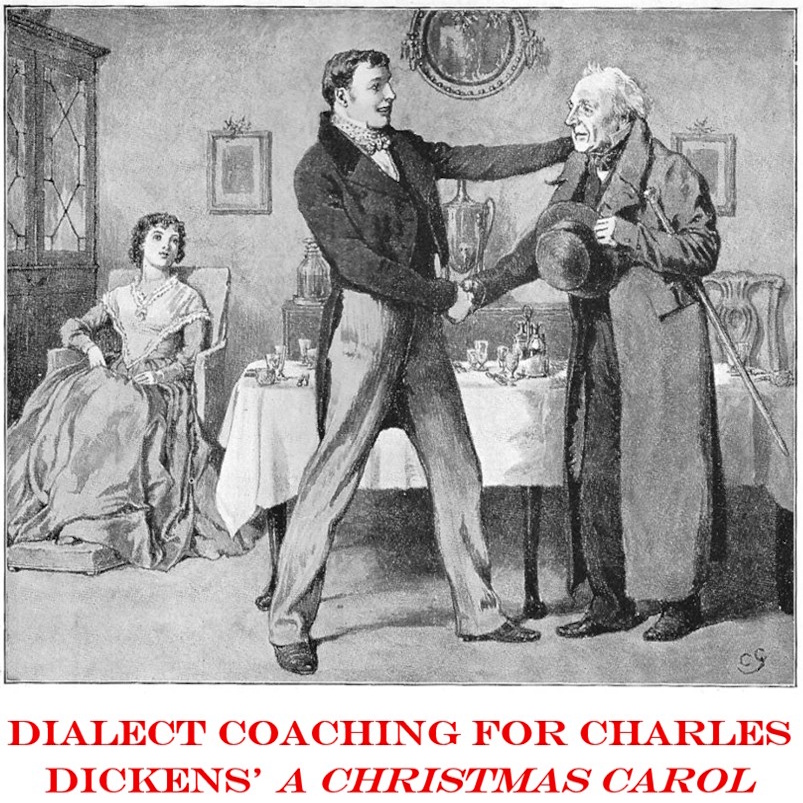New Zealand 19
Listen to New Zealand 19, a 46-year-old man from Auckland, New Zealand. Click or tap the triangle-shaped play button to hear the subject.
Both as a courtesy and to comply with copyright law, please remember to credit IDEA for direct or indirect use of samples. IDEA is a free resource; please consider supporting us.
BIOGRAPHICAL INFORMATION
AGE: 46
DATE OF BIRTH (DD/MM/YYYY): 01/06/1970
PLACE OF BIRTH: Gisborne, New Zealand (but raised in Auckland)
GENDER: male
ETHNICITY: Caucasian/New Zealander
OCCUPATION: university professor
EDUCATION: Ph.D
AREAS OF RESIDENCE OUTSIDE REPRESENTATIVE REGION FOR LONGER THAN SIX MONTHS:
Subject moved to Auckland, New Zealand, at the age of 5 and lived there until age 24. He then lived in England for one year, Hong Kong for four years, and Sydney, Australia, for seven years, before settling in Southern California, in the United States, where had he been living for 10 years at the time of this interview.
OTHER INFLUENCES ON SPEECH:
Subject speaks fluent Chinese.
The text used in our recordings of scripted speech can be found by clicking here.
RECORDED BY: Jeremy Mercado (under supervision of David Nevell)
DATE OF RECORDING (DD/MM/YYYY): 09/03/2017
PHONETIC TRANSCRIPTION OF SCRIPTED SPEECH: N/A
TRANSCRIBED BY: N/A
DATE OF TRANSCRIPTION (DD/MM/YYYY): N/A
ORTHOGRAPHIC TRANSCRIPTION OF UNSCRIPTED SPEECH:
OK, well I was born in Gisborne, which is a pretty — I mean they call it a city by New Zealand standards, but it’s only got — I can’t remember — 40, 50 thousand people. So, it wouldn’t be called a city over here. But we left when I was 5. So I have a few memories of there. But we lived out in the country. I remember there were cattle yards, fields; sort of my memories are all sort of very rural. Then when we were 5, we moved to Auckland, which is the big city, which is a million people, which is by New Zealand standards very big. Um, and then we had a pretty settled existence there. My, my parents moved out of home. They waited ’til, uh, uh, me — the youngest kid — was 18, and then they moved out of home. Rather then waiting for us to leave, they said four sons — we’ve had enough. So they moved out, and we had, had to find our own way.
Um, and, uh, so New Zealand was all right. We went to the local high school, local intermediate school. You guys call it a middle school, local high school. They were nothing; they were nothing special; you know, they weren’t elite high schools. We just went to the one that we were zoned for. But it was fun; ya, you know could walk or bike to all of them and made some good friends there and had quite a fun. Had pretty good memories of growing up as a as a teenager and, um, then. Yeah, actually differences to America: I can definitely see some. There was a — I noticed my wife actually said when we went to New Zealand — compared to the play-, the playgrounds in New Zealand are much more dangerous, which means they’re much more fun. Ya know, the kids get to play and have adventures and, and do stuff. Even school, even playtime in the school grounds, ya know, at lunchtime and stuff like that are less supervised. It’s funny: I, um, I signed up on Facebook to something called, uh, uh, um, “New Zealanders in USA,” like a Facebook page. And, ya know, people commenting their experiences, and some New Zealanders were talking about being back in New Zealand for a few months and having put their kids in and commenting just how unsupervised playtime was. So the only time the teachers intervened, ya know, if it actually got to full-on fighting; um, then the teachers would sort of come out and intervene. But except for that, the kids were just, ya know, on their own, do what they like, organizing games like bull rush.
The game of bull rush goes like this: You have one person who stands in the middle of the field, and everybody lines on the side. And that person picks out somebody, and their job is to make it to the other side of the field. And the person who picked them out: It’s their job to stop them — at any means, and there are no rules; just one person has to get to the other side of the field; the other person has to stop them. If the person succeeds in stopping them, they’re now a team and there’s two of them, and they pick out another person, and so on and so on until somebody gets through. Sometimes nobody gets through, but eventually at a certain point, usually when somebody makes it through, you call “bull rush!” And everybody runs for the other side of the field, and the people who are catching just try to bring as many people to the ground as they can, in which case now you might have ten people in the middle catching, and the game keeps going until there’s nobody left to run and everybody’s been caught, and it’s kinda violent — ya know, as you can imagine, yeah? People just try to charge from one side of the field to the other, and I was delighted to hear that kids still play bull rush. I thought maybe, you know, they had gone in and banned it because it was — oh, it wasn’t safe or something like that, but it was a great game; we loved it.
TRANSCRIBED BY: Jeremy Mercado (under supervision of David Nevell)
DATE OF TRANSCRIPTION (DD/MM/YYYY): 09/03/2017
PHONETIC TRANSCRIPTION OF UNSCRIPTED SPEECH: N/A
TRANSCRIBED BY: N/A
DATE OF TRANSCRIPTION (DD/MM/YYYY): N/A
SCHOLARLY COMMENTARY: N/A
COMMENTARY BY: N/A
DATE OF COMMENTARY (DD/MM/YYYY): N/A
The archive provides:
- Recordings of accent/dialect speakers from the region you select.
- Text of the speakers’ biographical details.
- Scholarly commentary and analysis in some cases.
- In most cases, an orthographic transcription of the speakers’ unscripted speech. In a small number of cases, you will also find a narrow phonetic transcription of the sample (see Phonetic Transcriptions for a complete list). The recordings average four minutes in length and feature both the reading of one of two standard passages, and some unscripted speech. The two passages are Comma Gets a Cure (currently our standard passage) and The Rainbow Passage (used in our earliest recordings).
For instructional materials or coaching in the accents and dialects represented here, please go to Other Dialect Services.
 IDEA: International Dialects of English Archive
IDEA: International Dialects of English Archive



